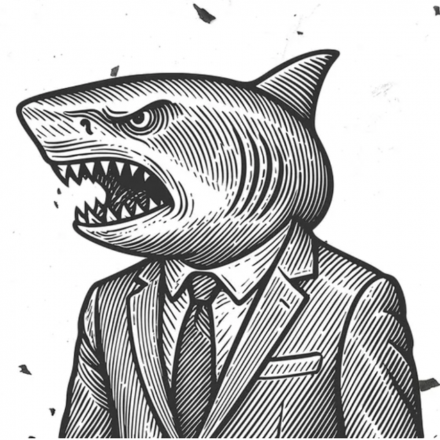Have you ever felt like you can’t let yourself relax? As if every minute spent not doing something is a failure? This phenomenon is called productivity guilt, and it’s familiar to millions of men striving for success. However, it’s important to remember: this approach not only exhausts you but also prevents you from reaching your real goals. Let’s figure out how it works and how to break free from the obsessive thought: “You need to do more.”
Why Does Productivity Guilt Arise?
Unrealistic Expectations
Setting impossible goals or trying to meet other people’s standards leads to inevitable disappointment. This pressure might come from society, colleagues, or even your perfectionism, creating a perpetual sense of failure.
Hustle Culture
In today’s world, success is measured by achievements, and rest is often seen as weakness. Even during vacations, you might feel guilty for not working. This mindset leads to burnout rather than real productivity.
Upbringing
If you grew up hearing phrases like “you need to do better” or “look how well they’re doing,” you may have internalized the belief that you’re never good enough. This reinforces productivity guilt and prevents you from enjoying the present moment.
How to Overcome Productivity Guilt
Identify the Causes
Think about where these thoughts come from: are they self-imposed or external? If they’re internal, replace self-criticism with constructive inner dialogue. If external pressure is the issue, surround yourself with supportive people and learn to say “no.”
Stop Comparing Yourself to Others
Your achievements are your own. Compare your current results with your past ones, not with someone else’s success. This will help you focus on personal growth rather than envy or disappointment.
Distinguish Busyness from Productivity
Don’t confuse aimless busyness with efficiency. Productivity means reaching your goals while maintaining balance. Make a priority list and remember to schedule rest.
Take Care of Your Health
Without good health, there’s no energy or motivation. Exercise, balanced nutrition, and proper sleep are essential for preventing burnout.
Set Realistic Goals
Plan less, but achieve more. Three tasks a day are a good starting point. If one remains unfinished, that’s okay.
Practice “Unproductivity”
Allow yourself to disconnect from work. Find a hobby you enjoy or dedicate time to relaxation. Treat “doing nothing” as a skill, helping you recharge and return to tasks with fresh ideas.


















